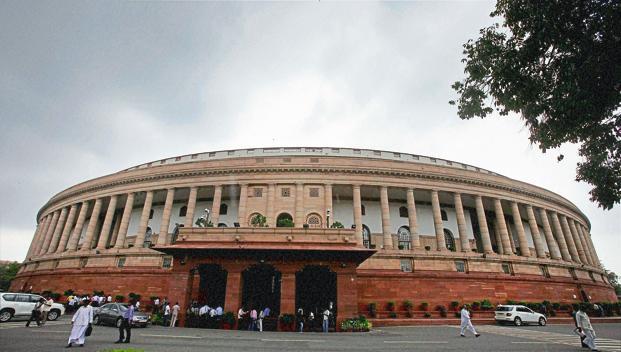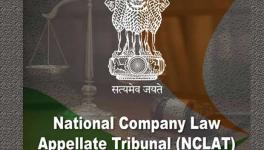Parliament Passes IBC Amendment Bill That Leaves Key Concerns Unaddressed

Representational Image. Image Courtesy: Livemint
The Rajya Sabha on Monday passed the Insolvency and Bankruptcy Code (Amendment) Bill that brings in new changes in the corporate dealings in the country. But, a look at the record of the IBC Code since its legislation or in the last three years indicates that it has been going the way of failed set of previous legislations on such matters and the new amendments of Modi 2.0 don’t seem to address many key concerns except for a few.
The Bill is confined to addressing only three issues – provisions related to time-limits; minimum payouts to operational creditors in any resolution plan; and amendments specifying how the representative of a group of financial creditors (such as home-buyers) should vote. While addressing these issues is important for the efficacy of the bankruptcy law, other crucial concerns such as recovery rate, lenders’ or banks’ preference to other ways over IBC Code and general concern over massive writing off of bad loans are left unaddressed.
As of March 31, 2019, of the total 1,857 cases admitted for the Corporate Insolvency Resolution Process (CIRP) under IBC Code, only 94 cases are closed through the approval of resolution plan. In 378 cases, liquidation commencement has been done, as many as 1,143 CIRPs are still pending at various stages of resolution process.
On the other side, the bad loans or irrecoverable debts of banks have been seeing a tremendous rise even after the IBC code was enforced. As per official estimates, bad loans of banks in India are estimated to be more than Rs 10 lakh crore.
Consider this: Of the 94 cases or stressed assets for which respective NCLTs have approved resolution plans (as of March 31), the resolution has been reached for Rs 75,000 crore against total claim of Rs 1.75 lakh crore of financial creditors, as per CRISIL data. This means that the recovery rate is only 43%. Despite such staring figures, the bill has nothing in it that would improvise the recovery rate.
As per the present IBC code, any resolution process must be completed within 180 days which may be extended by a period of up to 90 days if the extension is approved by the National Company Law Tribunal (NCLT). But, the timeline trend for resolution process has been otherwise: 362 CIRPs have already exceeded 270 days and 186 cases have exceeded 180 days, as of 31 March, according to data from the Insolvency and Bankruptcy Board of India.
However, now the new amendment adds that the resolution process must be completed within 330 days. On the enactment of the Bill, if any case is pending for over 330 days, the Bill states that it must be resolved within 90 days.
The amendment bill, however, clears the air over the payment of workmen’s dues of insolvent companies. While recently, a National Company Law Appellate Tribunal (NCLAT) in Essar Steel case ruled that the operational creditors (service providers including workmen) – who, in terms of payout priority rank below banks or at par with banks (financial creditors).
Changing this, the bill provides that the amounts to be paid to the operational creditor be the higher of amounts receivable under liquidation, and the amount receivable under a resolution plan, if such amounts were distributed under the same order of priority (as for liquidation).
(Inputs from PRS Legislative)
Also read: IBC Amendment to Reiterate High Priority to Clearing Workmen’s Dues
Get the latest reports & analysis with people's perspective on Protests, movements & deep analytical videos, discussions of the current affairs in your Telegram app. Subscribe to NewsClick's Telegram channel & get Real-Time updates on stories, as they get published on our website.
























